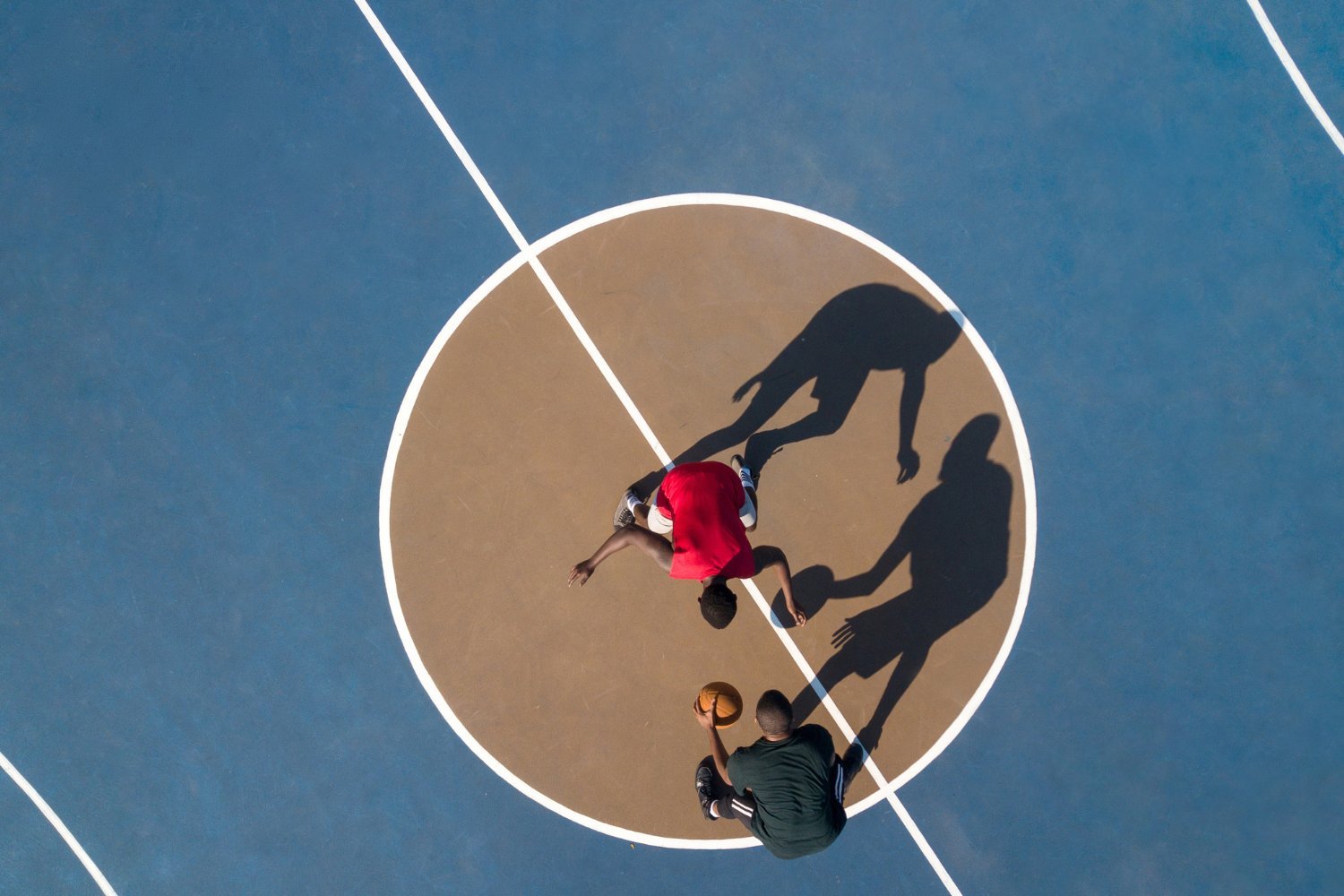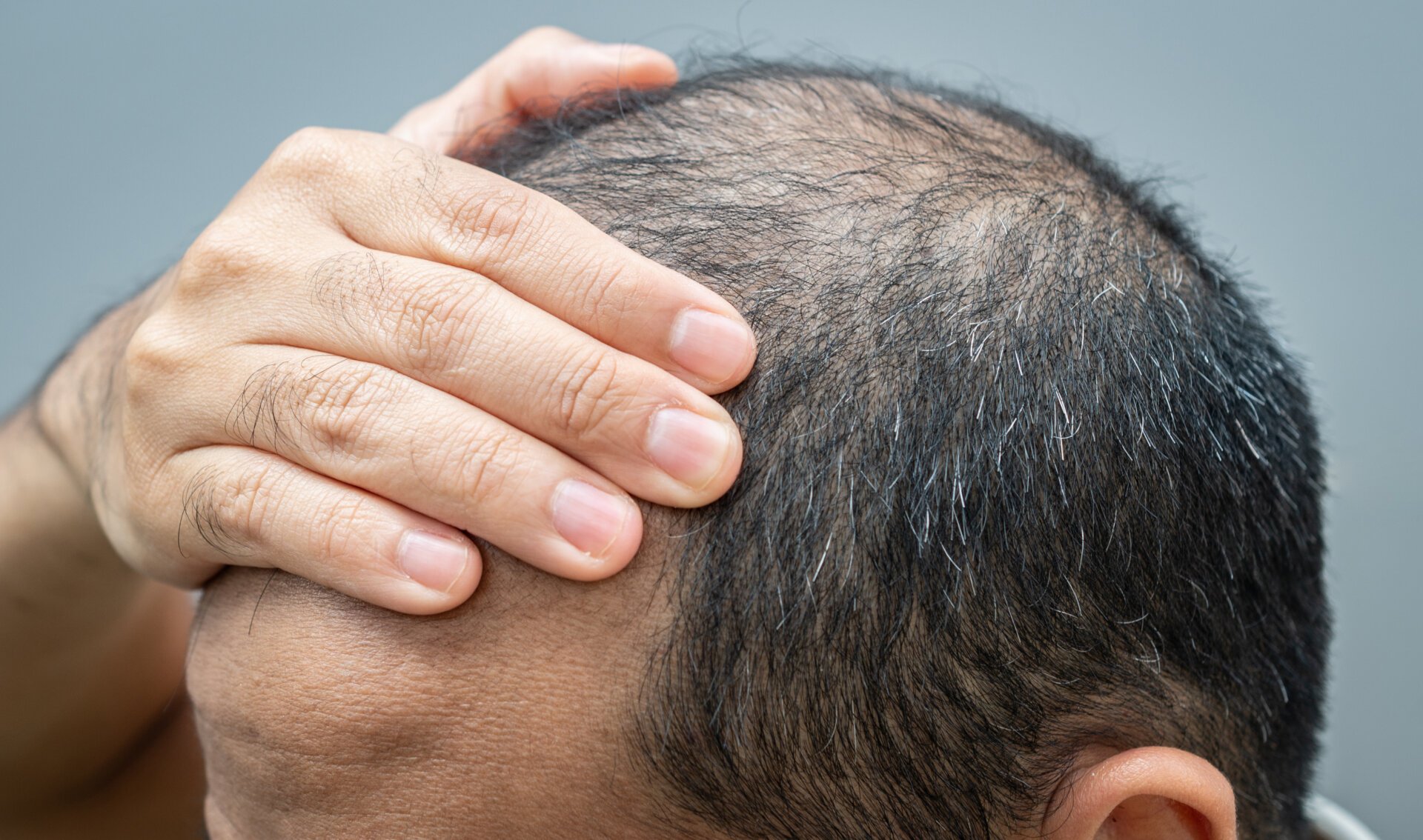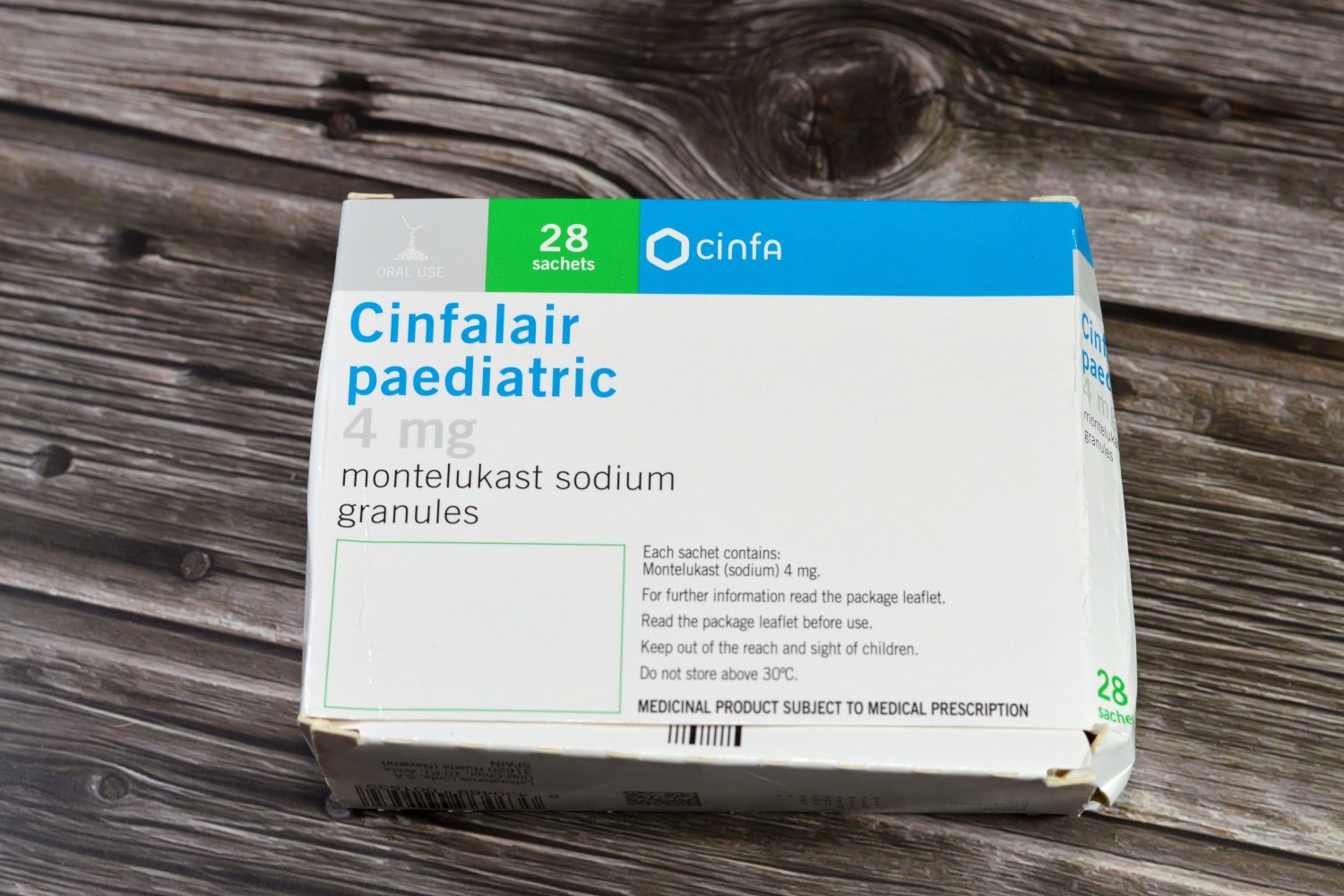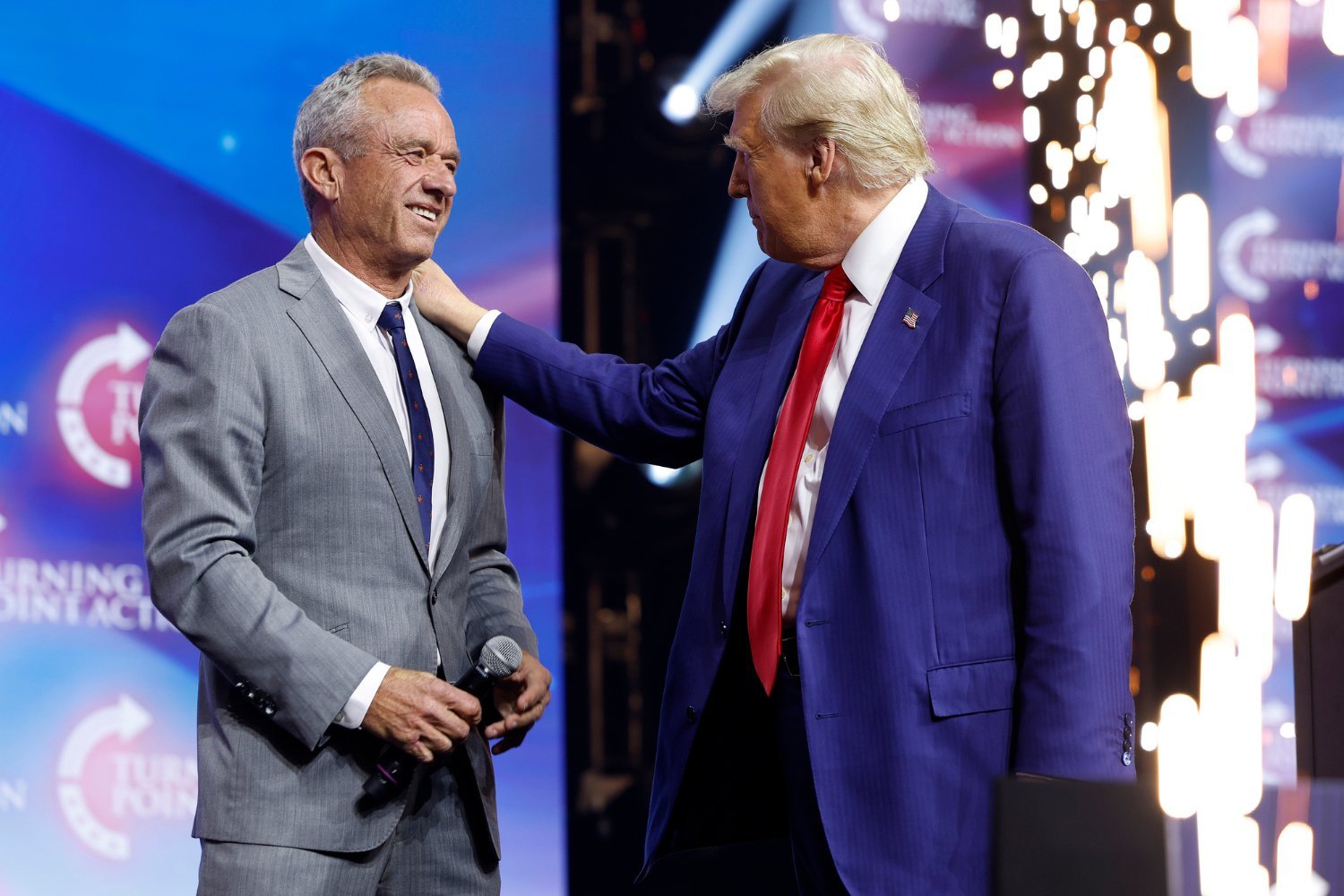Exercise offers a multitude of benefits for physical health, but its impact on cognitive function, particularly working memory, is becoming increasingly apparent. Recent research indicates a strong correlation between physical activity, especially participation in sports, and enhanced working memory capabilities. This connection highlights the importance of an active lifestyle for maintaining cognitive sharpness throughout life.
Working memory, the cognitive process that allows us to temporarily hold and manipulate information, plays a crucial role in everyday tasks. A recent study conducted by researchers at the University of Jyväskylä in Finland delved into the relationship between exercise and working memory. The team reviewed existing studies comparing the working memory of individuals with varying levels of physical activity, focusing on the differences between athletes and non-athletes.
Previous research has linked physical activity to improvements in various cognitive functions, including working memory. This type of memory is essential for performing tasks that require juggling small pieces of information simultaneously. While related to short-term memory, working memory is generally considered a distinct cognitive function. Athletes, who often make rapid decisions during games, are thought to be particularly adept at developing strong working memory skills.
The Finnish researchers analyzed 21 studies involving 1,455 participants, including athletes from various sports like basketball, baseball, and fencing. Their findings revealed a statistically significant advantage in working memory performance among athletes compared to non-athletes. This difference was even more pronounced when comparing athletes to sedentary individuals, those with very limited physical activity. The study, published in the journal Memory, suggests a consistent link between sports expertise and improved working memory, while sedentary lifestyles appear to be associated with working memory disadvantages.
While these studies demonstrate a correlation, not causation, between sports and working memory, the low risk of bias in the analyzed studies strengthens the findings. Furthermore, extensive research supports the idea that exercise, in general, can enhance memory function. The authors advocate for promoting sports participation and active lifestyles to improve cognitive health.
This positive impact isn’t limited to younger individuals. Studies have shown that regular exercise can improve working memory in older adults, counteracting the age-related decline in cognitive function. Exercise helps maintain and even enhance memory performance as we age.
In conclusion, the research underscores the importance of physical activity, particularly sports participation, for boosting working memory and overall cognitive health. From making quick decisions on the field to maintaining cognitive sharpness in later life, the benefits of exercise for the brain are clear. Embracing an active lifestyle can significantly contribute to a healthier, sharper mind.
https://www.tandfonline.com/doi/full/10.1080/09658211.2024.2423812











